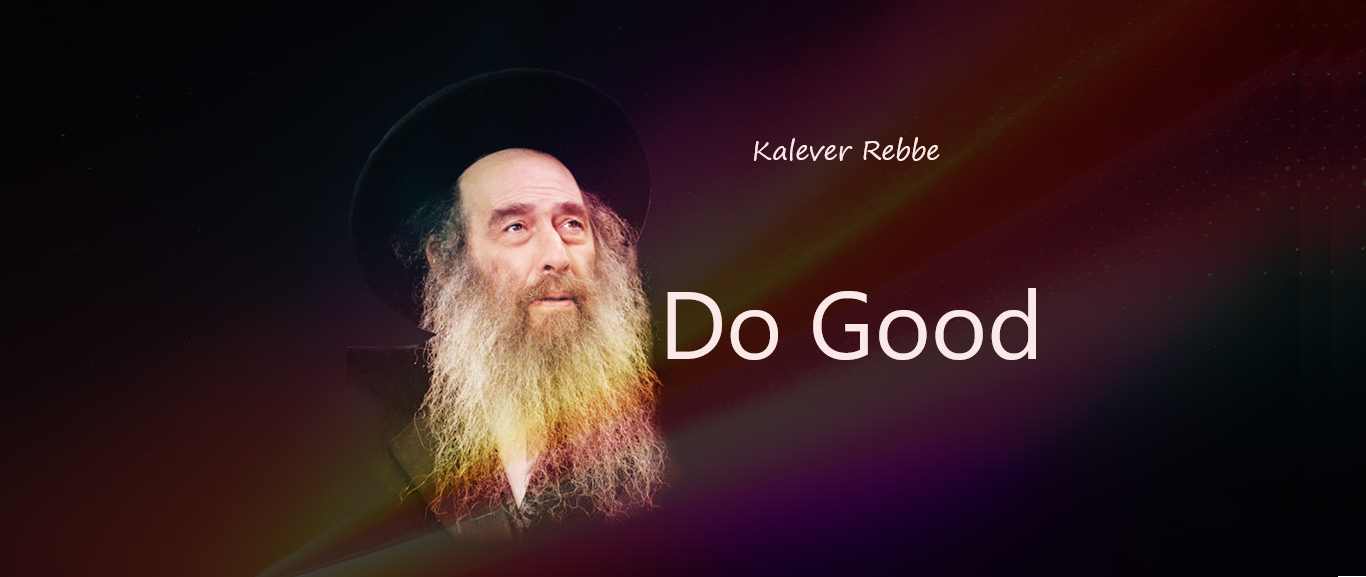
Do Good
The environment exerts a powerful influence in many areas of one’s life. How can a person protect himself from the negative effects of his surroundings?

“And Yaakov came whole to the city of Shechem.” (Bereishit 33:18)
R’ Yaakov Dovid of Amshinov once traveled to spend Shabbat with the renowned tzaddik, R’ Meir of Premishlan. Upon his return, R’ Yaakov Dovid shared an account of his journey, including a fascinating and puzzling message he heard from R’ Meir.
He recounted the following:
As he approached the city of Premishlan on Friday afternoon, he noticed a young man walking on foot. He was clearly someone who dedicated his time to Torah and study, and R’ Yaakov Dovid invited him to join him in his carriage. While traveling together, the young man explained that he was heading to his rebbe, R’ Meir, for Shabbat.
Along the way, they passed by a river, and the young man wished, as part of his spiritual preparation, to use the river as a Mikvah. However, it was freezing out and R’ Yaakov Dovid advised against it. The young man insisted, saying he felt obligated and feared his rebbe might sense that he hadn’t immersed before meeting. R’ Yaakov Dovid promised to intercede on his behalf and explain the situation to R’ Meir.
During the ride, the young man shared his struggles saying, “I have been married for eight years, and my wife and I remain childless. I know that when we meet the Rebbe he will greet you warmly. Can you please ask him to bless me with children?”
R’ Yaakov Dovid agreed to help.
When they reached R’ Meir’s house, the tzaddik greeted visitors through a small window in a partition, extending his hand for a blessing. Occasionally, he would sense someone deserving of special attention, open the door, and invite them inside. When R’ Yaakov Dovid approached with the young man, R’ Meir immediately opened the door and welcomed him in and offered him a seat.
Once in the room, R’ Yaakov Dovid pleaded on behalf of the young man, asking the rebbe to bless him with children. R’ Meir extended his hand through the window to greet the young man but then exclaimed, “Woe to you, Meir, for defiling your hand by shaking hands with someone who neglected the decree of Ezra (to immerse)!”
R’ Yaakov Dovid quickly explained that the young man had wished to immerse but was prevented by the extreme cold. Satisfied, R’ Meir assured them that the young man would merit children that year.
On Sunday, as R’ Yaakov Dovid was saying farewell to the Rebbe, he saw R’ Meir wrapping a challah in layers of paper. He handed it to a messenger and said, “Take this to R’ Yisroel of Ruzhin. Tell him it’s from Meir.” He then added, “If he asks which Meir, say it’s Meir with shoulders as broad as the world, with a sack as deep as the underworld, and hands that reach the heavenly throne.”
The Three Pillars
Even the casual conversations of Torah scholars carry profound meaning. Therefore, it is worth delving into the depth of R’ Meir’s cryptic message, as recounted by R’ Yaakov Dovid.
It seems R’ Meir was alluding to the three pillars on which the world stands, as Pirkei Avot teaches (Chapter I, Mishnah 2), “The world stands on three things: Torah, the service of Hashem, and deeds of kindness…” It was these three strengths that enabled the Rebbe to overpower the Satan and deliver salvations to the world, like the example of the blessing of children that he delivered to the man.
When R’ Meir said he had “Shoulders as broad as the world”, he was referring to bearing the yoke of Torah, as it says (Bereishit 49:14), Yissachar is a strong-boned donkey, lying between the boundaries… Rashi explained that “he bears the yoke of the Torah, like a strong donkey which is laden with a heavy burden…” With this, he was able to strengthen and sustain the entire world.
When he said that he has “a sack as deep as the underworld” symbolizes engaging in the physical world which is alluded to by the stomach. It is the most critical component of the physical body. It receives food and it drags after a person like a sack. Pursuing these material desires can be dangerous and can lead a person into the underworld. Therefore, one must be careful to transform this physical world into something spiritual through tzedakah and acts of kindness.
And, the “hands that reach the Heavenly Throne” signifies spreading out one’s hands in tefillah as it Dovid Hamelech said (Tehillim, 149:6), Lofty praises of Hashem in their throats and a double-edged sword in their hands… Tefillah reaches the Kissei HaKavod, the Heavenly Throne, and nullifies all of the klipot, evil forces.
Shun Evil by Doing Good
Our pasuk says, “And Yaakov came safely to the city of Shechem.” Rashi explained that he came whole unimpaired in his body… whole with his money… whole with his Torah…
Service of the heart, tefillah, is the service of the body. And “money” refers to the acts of kindness and charity that can be done with one’s money. The Torah represents his learning, obviously. Yaakov arrived complete; whole in each of the pillars that sustain the world.
The Torah specifically tells us this about Yaakov when he arrives in Shechem, a place where people explored and committed sins of all kinds. A person can be impacted by his surroundings. Therefore, the Torah tells us that Yaakov remained whole in each of these three areas despite being in Shechem. With this, he was able to overcome his Yetzer Harah and did not let the impurities and the culture that surrounded him impact his commitment to Torah and mitzvot.
The powerful and potent light of the mitzvot can dispel the darkness of the Yetzer Harah. As the tzaddikim interpreted the pasuk that says (Tehillim 34:15), “Shun evil and do good” – you can turn away from evil by doing good; performing the mitzvot and learning Torah.
***
The Kalever Rebbe is the seventh Rebbe of the Kaalov Chasidic dynasty, begun by his ancestor who was born to his previously childless parents after receiving a blessing from the Baal Shem Tov zy”a, and later learned under the Maggid of Mezeritch zt”l. The Rebbe has been involved in outreach for more than 30 years and writes weekly emails on understanding current issues through the Torah. Sign up at www.kaalov.org.


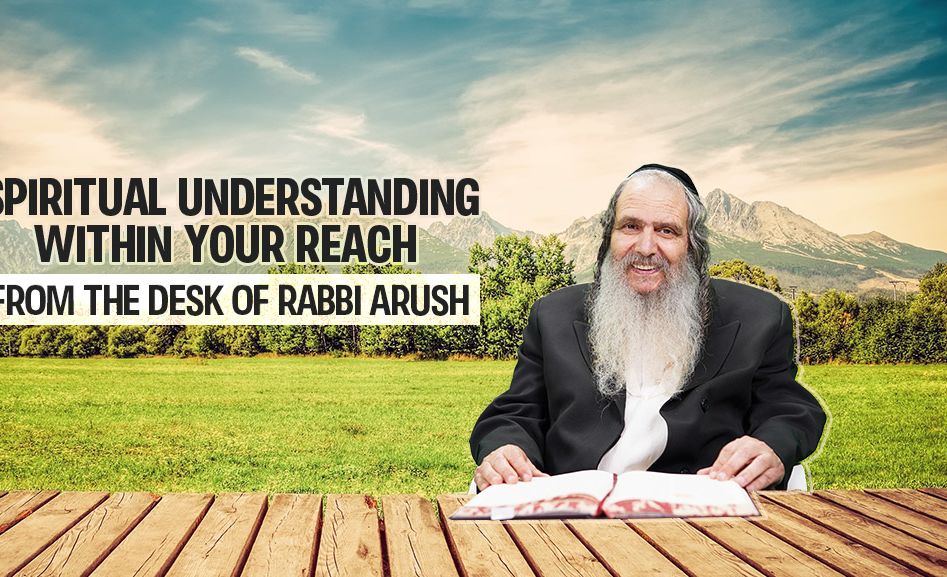


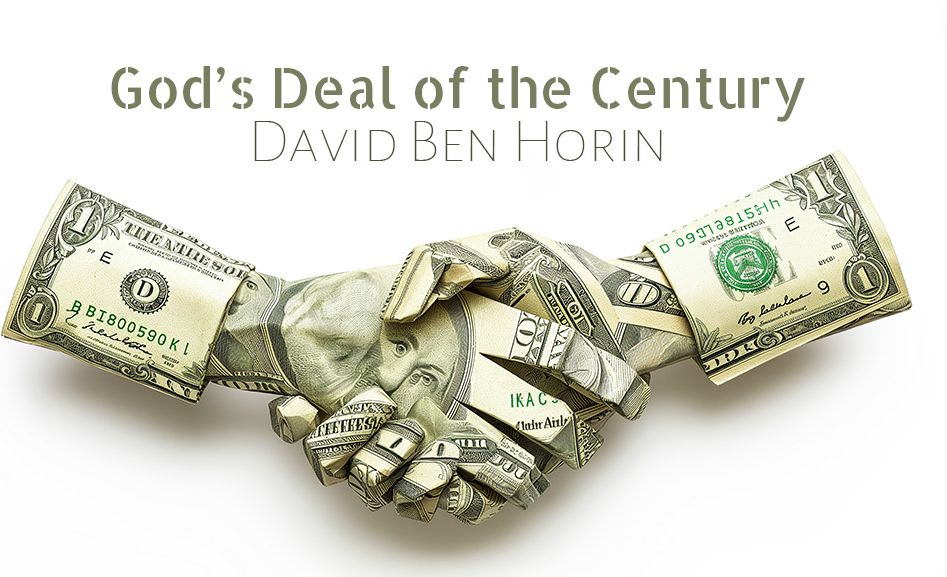
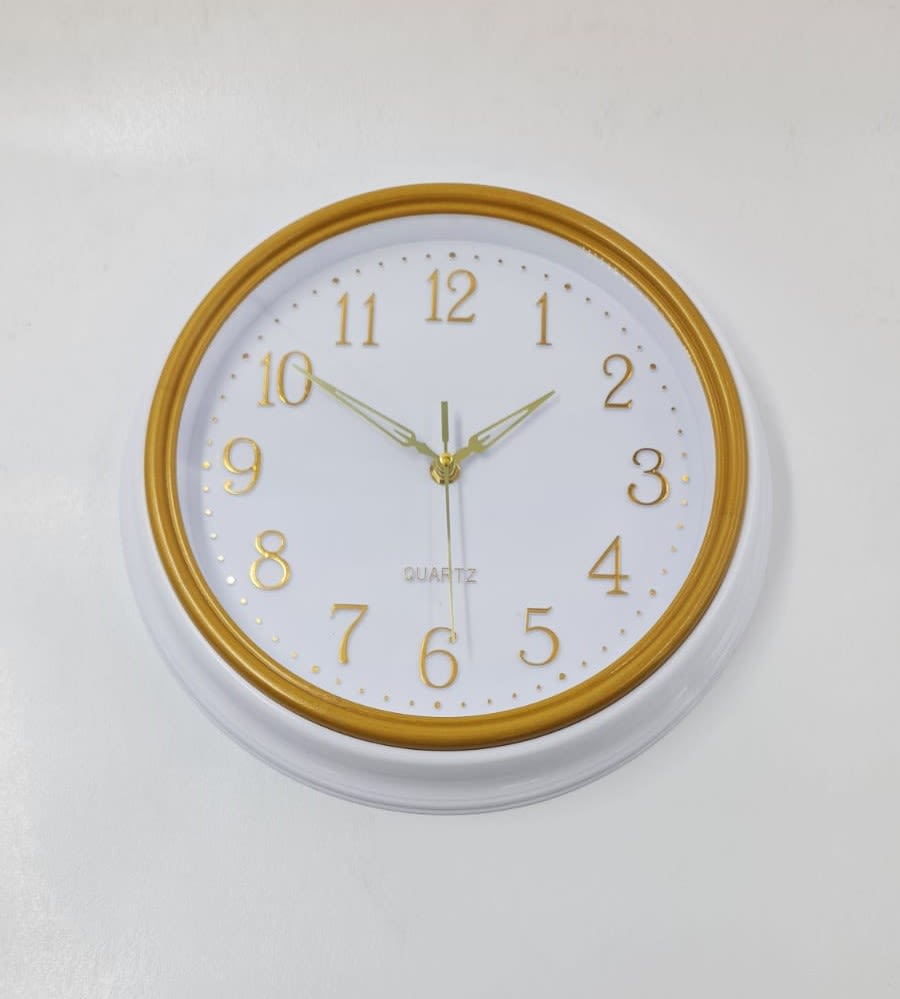
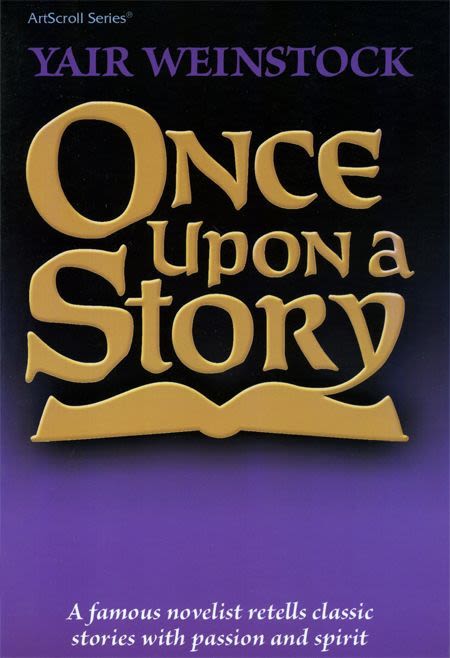

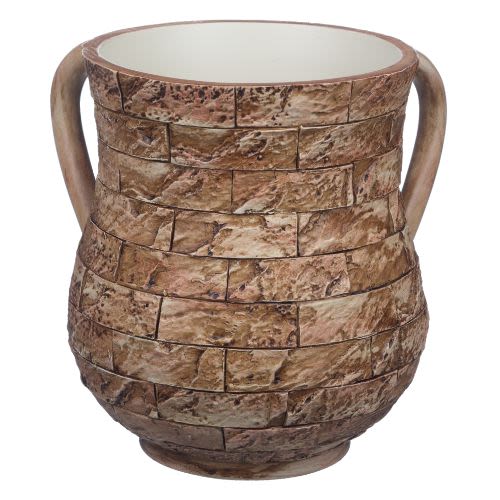
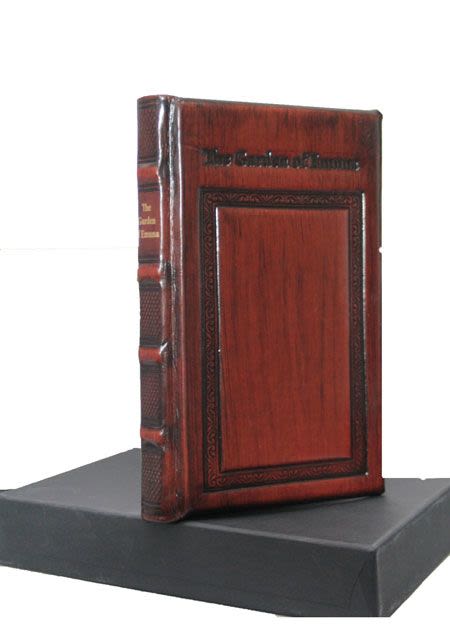
Tell us what you think!
Thank you for your comment!
It will be published after approval by the Editor.